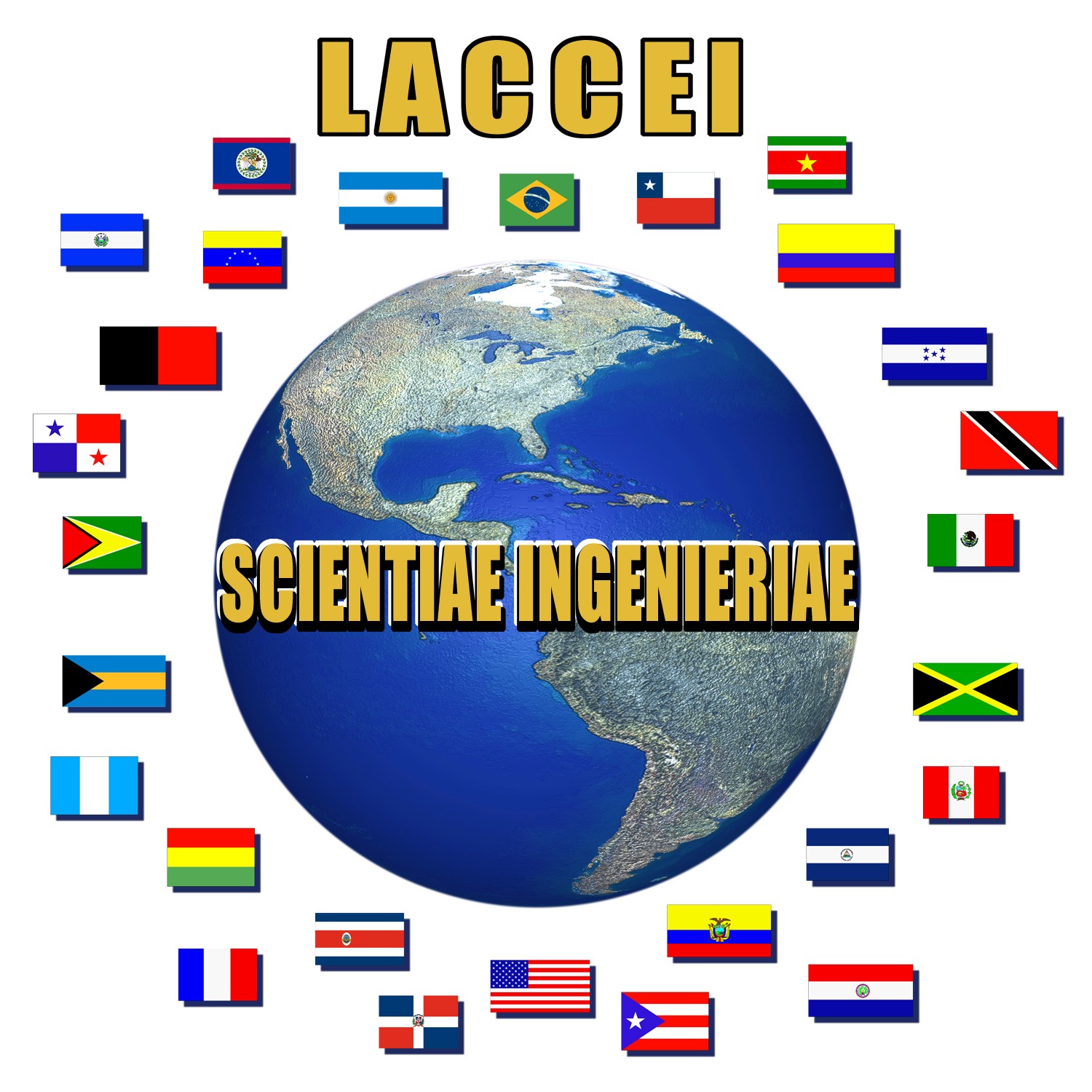
Latin American and Caribbean Consortium of Engineering Institutions
Conference Track: Engineering
& Public Service
Selection1:
Panel
Language:
English
Keywords:
Water Quality, Models, Estuarine
Contact Title:: Dr.
Contact First Name: Barry
Contact Last Name: Bunch
University:
Engineer Research and Development Center
Web:
http://www.wes.army.mil/el/
Position:
Supervisory Research Civil Engineer
Country:
United States of America
Email:
Barry.w.Bunch@erdc.usace.army.mil
Fax:
(601) 634-3129
Selection:
Only IF PAPER ACCEPTED
Submit:
Submit
Date:
Tuesday, March 30, 2004
Time:
10:24:12 AM
Paper Title:
Water Quality Modeling of San Juan Bay Estuary
Abstract:
Three-dimensional coupled hydrodynamic and water quality models
were used in a study of the San Juan Bays (Puerto Rico) Estuarine System.
Hydrodynamic information was supplied by CH3D and water quality
computations were performed by CEQUAL-ICM.
Both models were calibrated using data collected during 1995. A
complete suite of water quality state variables including dissolved
oxygen, temperature, salinity, nutrients, and coliforms were simulated.
Once both models had demonstrated their applicability, they were used to
simulate proposed modifications to the system.
The objective of these modifications was to improve water quality
conditions in differing portions of the system.
Ten simulations were performed during this phase.
Items simulated consisted of the removal of point source and
non-point source loadings, filling of submerged borrow pits, channel
deepening and widening, and effectiveness of tidal gate induced
circulation. Results
indicated that water quality in the!
interior component of
the estuarine system, San Jose Lagoon could be improved by widening and
deepening Cano Martin Pena, its connection to San Juan Bay and also by
filling borrow pits. Over
time the accumulation of organic material in the pits, combined with
limited vertical exchange with the overlying waters, created anoxic
conditions in the pit. These
conditions resulted in the pit being a net source of ammonia and dissolved
inorganic phosphorus to the system.
Mailing Address:
Water Quality and Contaminant Modeling Branch
Environmental Laboratory
Engineering Research and Development Center
3909 Halls Ferry Road
Vicksburg, MS 39180
| LACCEI Home | Index Home |